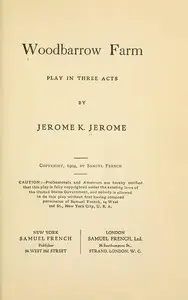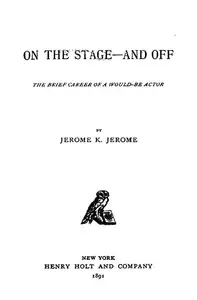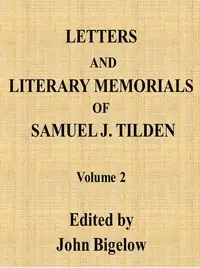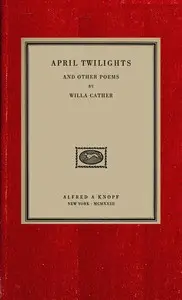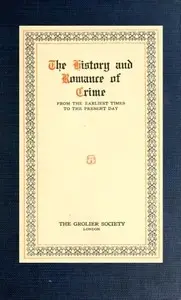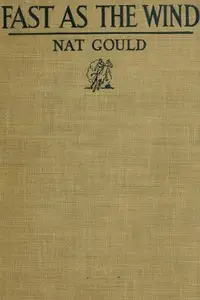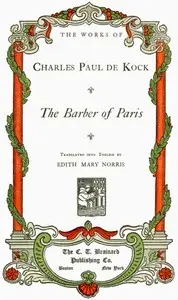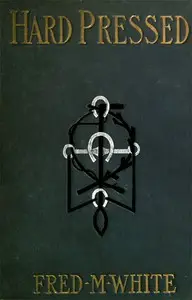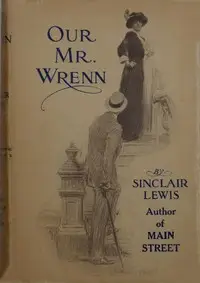"The Angel and the Author, and Others" by Jerome K. Jerome is a collection of humorous essays and stories written in the late 19th century. This work showcases the author’s characteristic wit, as he navigates themes of morality, society, and the absurdity of human nature through a blend of fictional narratives and personal observations. The overarching topic delves into the nature of charity, virtue, and the interplay between self-perception and external judgment, often illustrated through the author's whimsical interactions with fantastical characters like the Recording Angel. At the start of the book, the narrative opens with the author recounting a peculiar dream in which he converses with the Recording Angel. As he ascends higher, the Angel reveals that his good deeds, rather than being credited, have been mistakenly cataloged as sins. The author reflects on the concept of charity, questioning the sincerity and meaning behind perceived acts of goodwill, as he humorously lists his contributions to various charitable causes. This opening portion sets the tone for a satirical exploration of human kindness and societal expectations, prompting readers to ponder where true virtue lies. (This is an automatically generated summary.)

The Angel and the Author, and Others
By Jerome K. (Jerome Klapka) Jerome
"The Angel and the Author, and Others" by Jerome K. Jerome is a collection of humorous essays and stories written in the late 19th century. This work ...
Jerome Klapka Jerome was an English writer and humorist, best known for the comic travelogue Three Men in a Boat (1889). Other works include the essay collections Idle Thoughts of an Idle Fellow (1886) and Second Thoughts of an Idle Fellow; Three Men on the Bummel, a sequel to Three Men in a Boat; and several other novels. Jerome was born in Walsall, England, and, although he was able to attend grammar school, his family suffered from poverty at times, as did he as a young man trying to earn a living in various occupations. In his twenties, he was able to publish some work, and success followed. He married in 1888, and the honeymoon was spent on a boat on the River Thames; he published Three Men in a Boat soon afterwards. He continued to write fiction, non-fiction and plays over the next few decades, though never with the same level of success.


